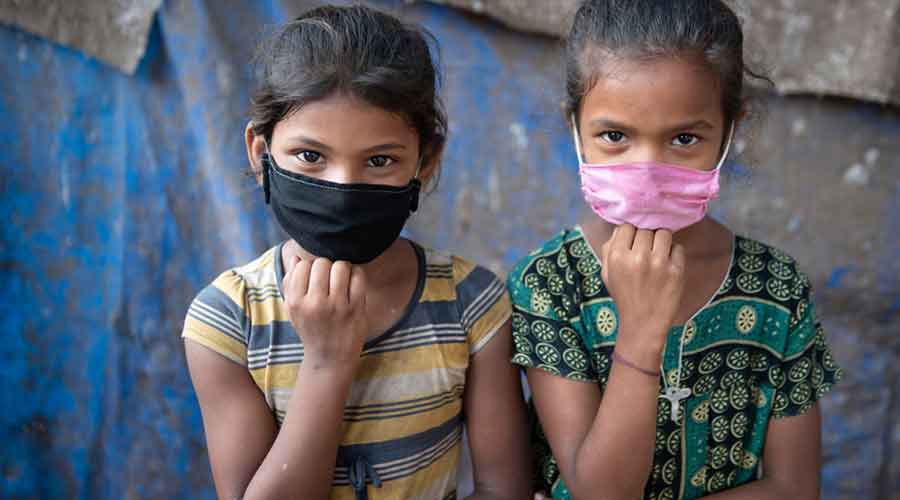The risk of severe illness and death from SARS-CoV-2, the virus that causes COVID-19, is extremely low in children and teenagers, according to a comprehensive analyses of public health data in the UK.
However, the research found that catching COVID-19 increases the likelihood of serious illness in the most vulnerable young people, those with pre-existing medical conditions and severe disabilities.
The findings, led by researchers at University College London (UCL), University of Bristol, University of York and the University of Liverpool, inform vaccine and shielding policy for the under-18s.
The three studies, posted on the pre-print server medRxiv, did not look at the impact of long COVID.
One study found that 251 young people aged under 18 in England were admitted to intensive care with COVID-19 during the first year of the pandemic until the end of February 2021.
The researchers said this equated to young people of that age group in England having a one in 47,903 chance of being infected with SARS-CoV-2 and subsequently being admitted to intensive care with COVID-19 during that time.
The study also found that 309 young people were admitted to intensive care with PIMS-TS -- a rare inflammatory syndrome in children caused by COVID-19 -- equating to an absolute risk of one in 38,911.
Another study looking at data for England concluded that 25 children and young people had died as a result of COVID-19, equating to an absolute risk of death from the disease of one in 481,000, or approximately two in a million.
"These new studies show that the risks of severe illness or death from SARS-CoV-2 are extremely low in children and young people," said senior author on two of the studies, Professor Russel Viner from UCL.
These young people with a higher risk are also more susceptible to any winter virus or other illness -- that is, young people with multiple health conditions and complex disabilities, the researchers said.
"COVID-19 does, however, increase the risks for people in these groups to a higher degree than for illnesses such as influenza (seasonal flu)," Viner said.
The researchers said these findings are important as they will inform guidance for young people as well as decisions about the vaccination of teenagers and children, not just in the UK but internationally.
"Factors linked to a higher risk of severe COVID-19 appear to be broadly consistent for both children and adults," said study lead author Joseph Ward from UCL.
"Our study found a higher risk of admission to intensive care among young people of Black ethnicity compared to white, as well as among young people with health conditions such as diabetes, asthma and cardiovascular disease," Ward said.
The researchers noted that young people with multiple conditions had the highest risk.
These conditions were also risk factors for other illnesses leading to admission to intensive care, but to a lesser degree than for COVID-19, they said.
The third study analysed 55 research papers, finding similar risk factors to the other two studies.
The research found that only 40 per cent of children and young people who had a positive COVID-19 test at the time of death actually died from COVID-19, emphasising that the risks are lower than simple analyses might suggest.
"Children and young people with complex neurodisability were at the highest risk of death, said lead author Clare Smith, from the University of Bristol.
"It is important to remember that the risks are very low for all children and young people," senior author Professor Lorna Fraser from the University of York.
"Even when we found higher risks for some groups with severe medical problems, these risks were still very small compared to risks seen in adults," Fraser added.
The preliminary findings will be submitted to the UK's Joint Committee on Vaccination and Immunisation (JCVI) and the World Health Organisation (WHO).











